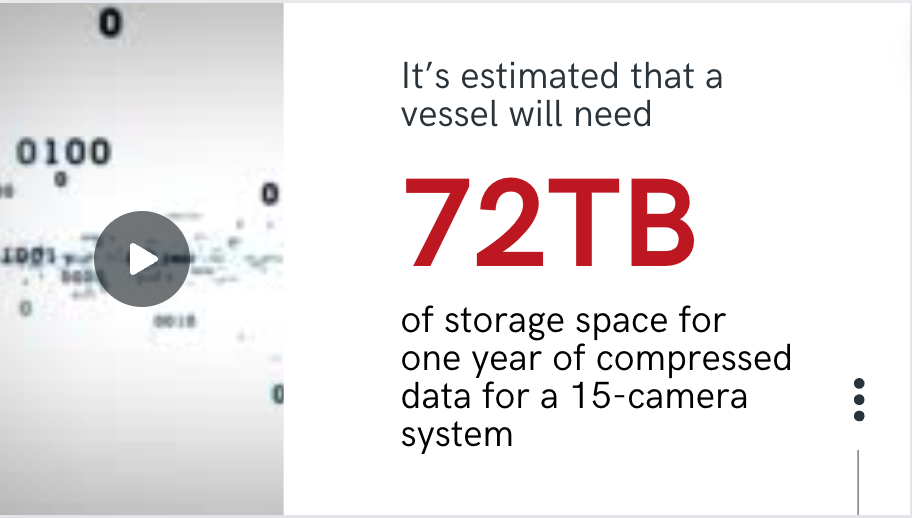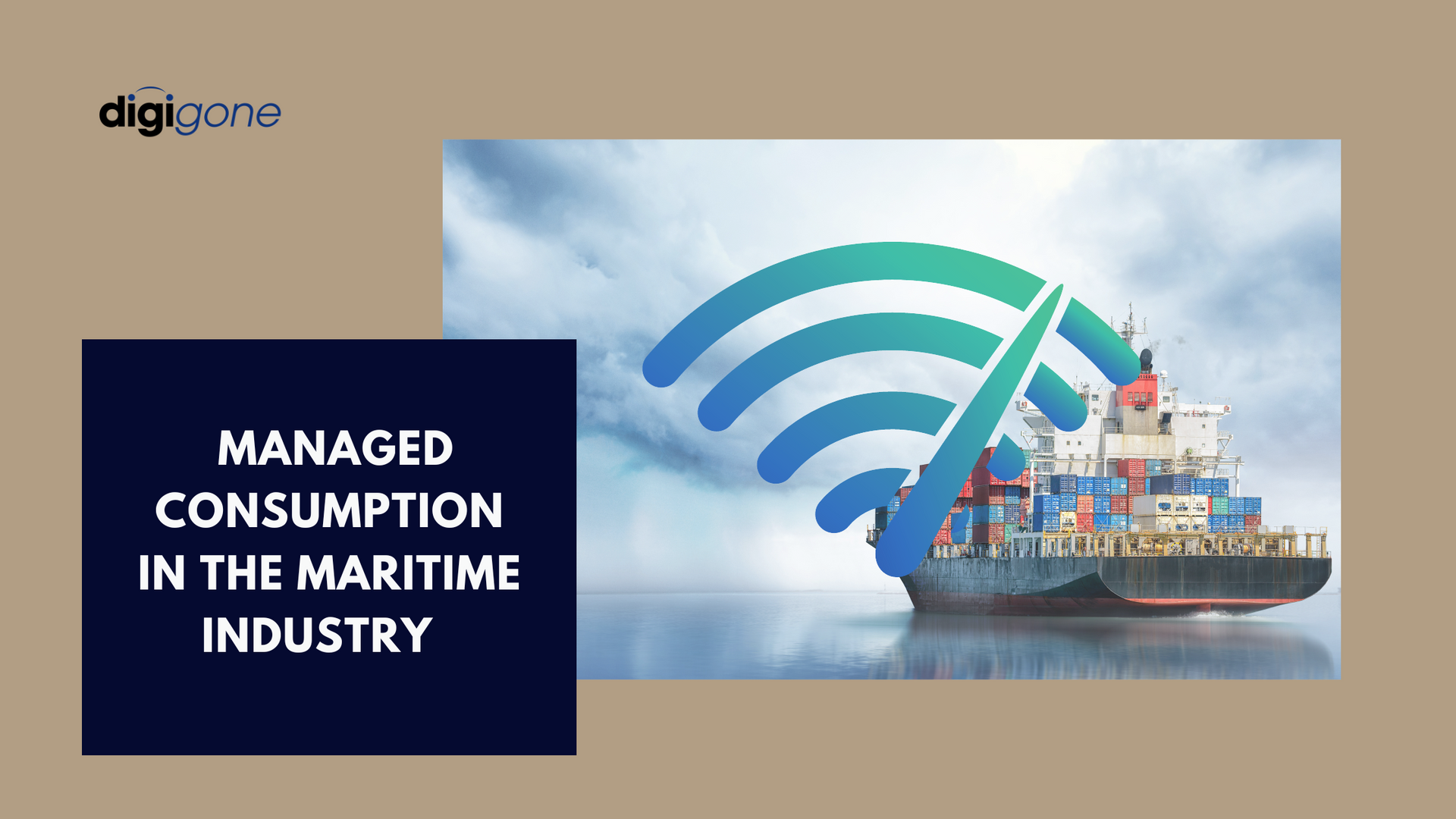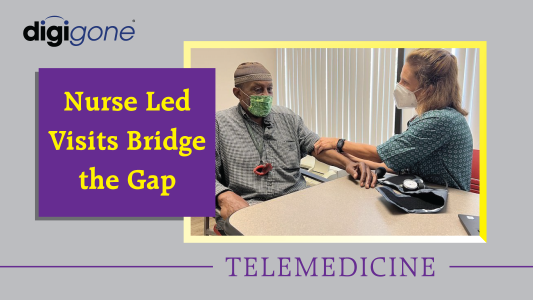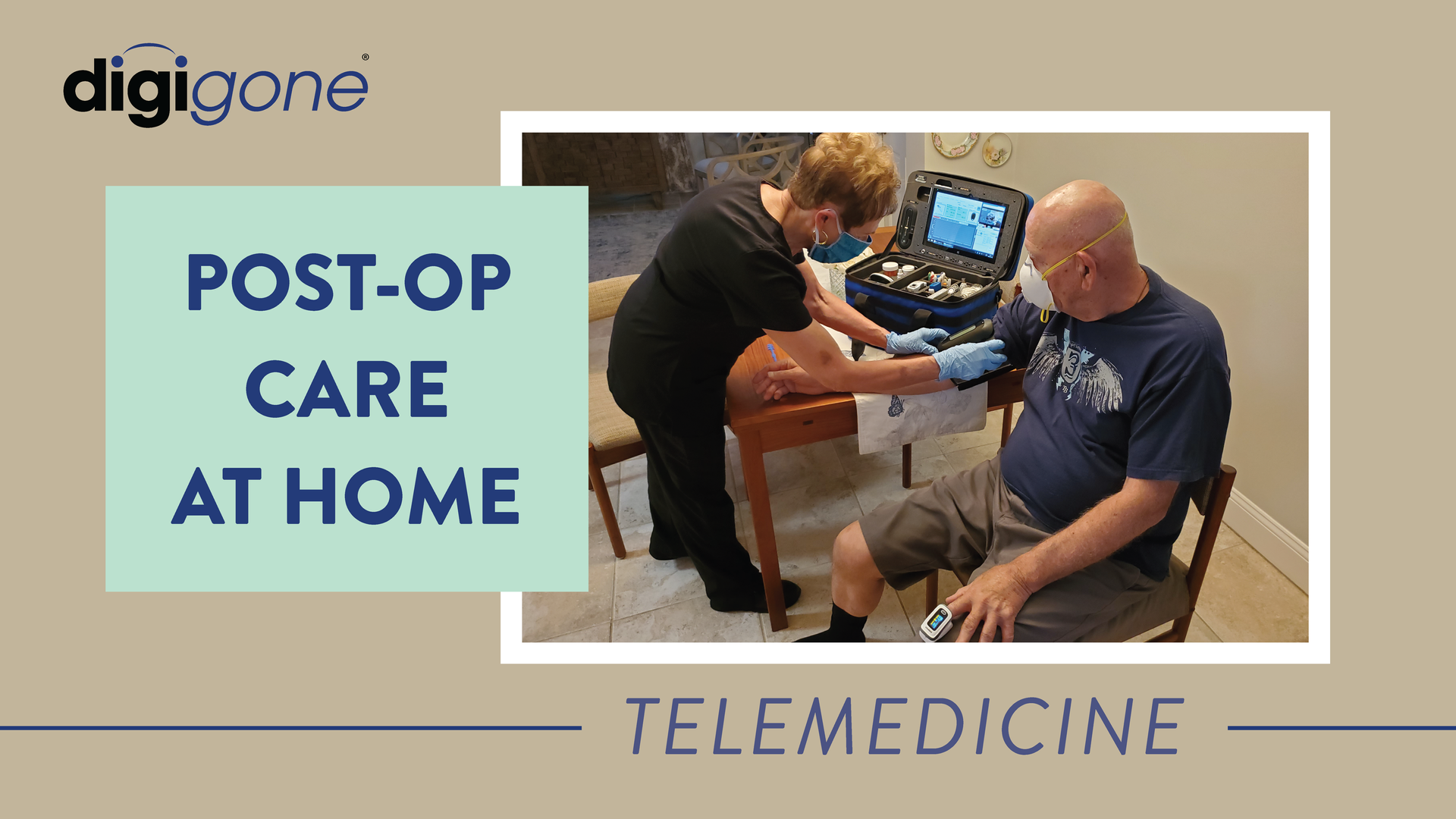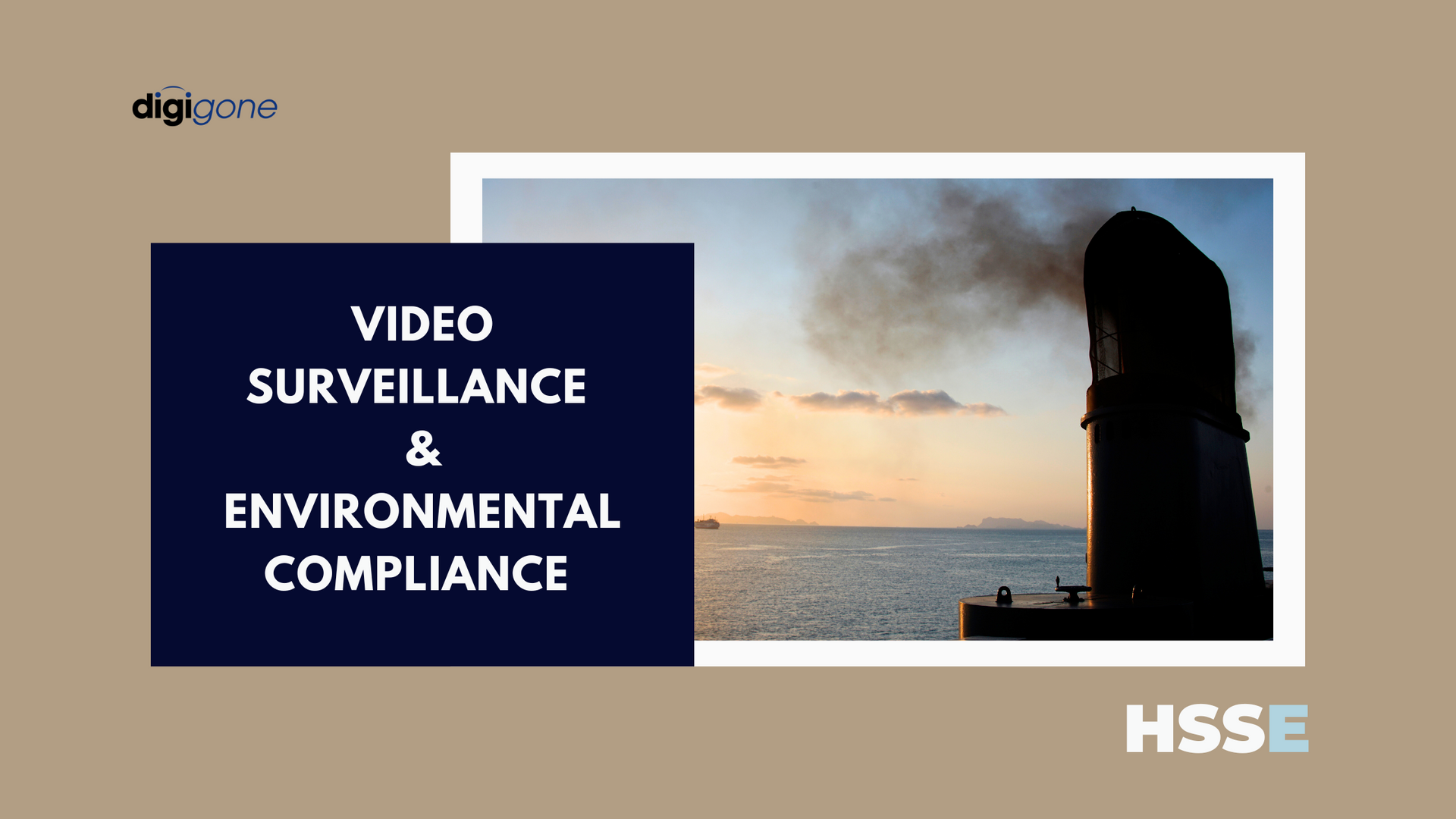Fighting Malaria in the Time of COVID-19
DigiGone • September 28, 2020
The COVID-19 pandemic could undo decades of work in Africa's fight against malaria.

Recently The Lancet
published
a study that looked at the impact the COVID-19 pandemic has had on fighting malaria in Africa. Led by Daniel J. Weiss, PhD, the outlook is troubling:
“Under pessimistic scenarios, COVID-19-related disruption to malaria control in Africa could almost double malaria mortality in 2020, and potentially lead to even greater increases in subsequent years. To avoid a reversal of two decades of progress against malaria, averting this public health disaster must remain an integrated priority alongside the response to COVID-19.”
For the past 20 years, cases of malaria had been on the decline across Africa primarily due to the widespread distribution of antimalarial drugs and insecticide-treated nets (ITNs). It’s estimated that millions of lives were saved.
But, that effort required massive coordination between multiple sectors of the medical community in Africa and beyond. Frontline healthcare workers, hospital administrators and field personnel all played a part in getting supplies to remote communities. Now with the inherent risk of community-spread of COVID-19, logistics and distribution is very complicated. The authors of the report point out that workers are often unavailable to travel or can’t complete work because of illness.
An even bigger factor is, according to the study, “malaria control relies heavily on the decision making of patients and their families, including choosing to leave their homes to seek care for febrile children and receiving ITNs delivered at antenatal clinics or schools.”
These families are now faced with the risky scenario of traveling to busy towns or cities to receive treatment or preventatives for malaria and potentially exposing themselves to COVID-19.
How Telemedicine Helps Combat Both Malaria and COVID-19 Transmission
Virtual Walk-In Clinics Anywhere
Either through high-tech mobile units or something as simple as a backpack, physicians can set-up walk-in clinics anywhere, even in the remotest of locations. Portable telemedicine kits
come equipped with many of the same instruments found in clinics and hospitals. Portable solar panel kits ensure power round the clock and small satellite transceivers allow for connectivity anywhere. Instead of requiring patients to travel long distances, they can remain isolated and still receive care.
Sophisticated Portable Care
The tools and instruments in telemedicine kits
are increasingly savvy. For example, portable ultrasound devices are extremely popular because of the broad range of use and maneuverability they offer. The images can be displayed on a mobile phone or laptop screen, which can be shared with specialists at other locations. This handheld tool can literally fit in a pocket and can play an important role in prenatal care, COVID-19 diagnosis and other medical issues like deep vein thrombosis.
Other tools
available in telemedicine kits include glucose meter, electrocardiogram, pulse oximeter, stethoscope, otoscope and a built-in webcam. Telemedicine and walk-in clinics can provide a high-level of care and diagnosis anywhere. And augmented reality (AR) headset technology is currently being developed that will allow for a hands-free, voice-activated, fully collaborative experience.
Remote Collaboration
A key aspect of telemedicine is that even if a medical crew is in a remote location, they can easily collaborate with specialists anywhere.
For example, in the early days of the pandemic medical teams started using portable ultrasound devices in remote areas
to scan lungs. They then shared those images with specialists at a hospital who were able to provide real-time diagnosis to determine if patients needed to be transported to a hospital for life-saving care. This was key in preventing unnecessary travel–and potential COVID-19 exposure–in busy cities and mitigating the flow of patients to already-overwhelmed hospitals, while at the same time providing immediate diagnosis to sick patients.
Data Collection
Data collection is essential to providing comprehensive care to communities. Doctors, health organizations, administrators and scientists make healthcare decisions based on data, not hearsay or conjecture. With remote care and virtual clinics, physicians are able to constantly gather the invaluable data needed to make these types of decisions. Trends emerge and life-saving actions can be taken. Response to outbreaks–including COVID, malaria, or ebola–are more immediate.
Mitigate Potential Outbreaks
And by allowing communities to isolate rather than travel to seek care, communicable diseases are better contained.
Medical Care for All
With the power and potential of telemedicine, there’s no reason that every village in Africa shouldn’t have a solar powered mobile clinic with access to basic care, real-time diagnosis all backed-up by virtual access to hospitals. This will not only help mitigate the spread of communicable disease like COVID-19, but will also ensure the continuous care and prevention for diseases such as malaria.

Telemedicine kits are becoming indispensable tools for home healthcare providers, particularly during transition care medical examinations (TCMs). While the initial TCM is conducted by a physician who generates revenue from the service, the telemedicine kit significantly benefits home healthcare providers by expediting patient registration for their care services. With a nurse or medical assistant deploying the kit, patients can be quickly evaluated and connected with a physician, ensuring all necessary documentation and approvals are completed more efficiently. This faster onboarding process allows home healthcare providers to register more patients in less time, helping them deliver care sooner and grow their services efficiently. The ability to “bring the doctor” to the patient through a telemedicine kit is invaluable in initiating care seamlessly. Once patients are on board, home healthcare providers can continue leveraging telemedicine technology to improve how they deliver services. The kits enable nurses and medical assistants to perform follow-up visits, diagnostics, and real-time consultations without requiring patients to leave their homes. This capability allows providers to optimize their schedules and visit more patients daily, all while maintaining a high standard of care. The efficiency gained means better coverage, smarter use of resources, and happier patients. Beyond efficiency, telemedicine kits help providers build stronger connections with their patients by making care more accessible and personalized. Providers can quickly respond to emerging health concerns, adjust care plans, and ensure ongoing monitoring—all from the patient’s home. This not only leads to better patient outcomes but also boosts the provider’s reputation for being reliable and innovative. By facilitating the registration of more patients and enhancing care once they are onboarded, telemedicine kits are powerful tools that enable home healthcare providers to expand their reach, improve operational efficiency, and thrive in an increasingly competitive market. In a rapidly evolving healthcare landscape, telemedicine kits are revolutionizing how home healthcare providers deliver care, enabling faster patient onboarding, enhanced service delivery, and stronger connections with patients. By integrating this indispensable technology, providers can streamline operations, improve patient outcomes, and position themselves as leaders in care innovation. Don’t miss the opportunity to elevate your home healthcare services. Explore how telemedicine kits can help you expand your reach, optimize your resources, and deliver exceptional care. Contact us today to learn more and take the next step toward transforming your care delivery model.
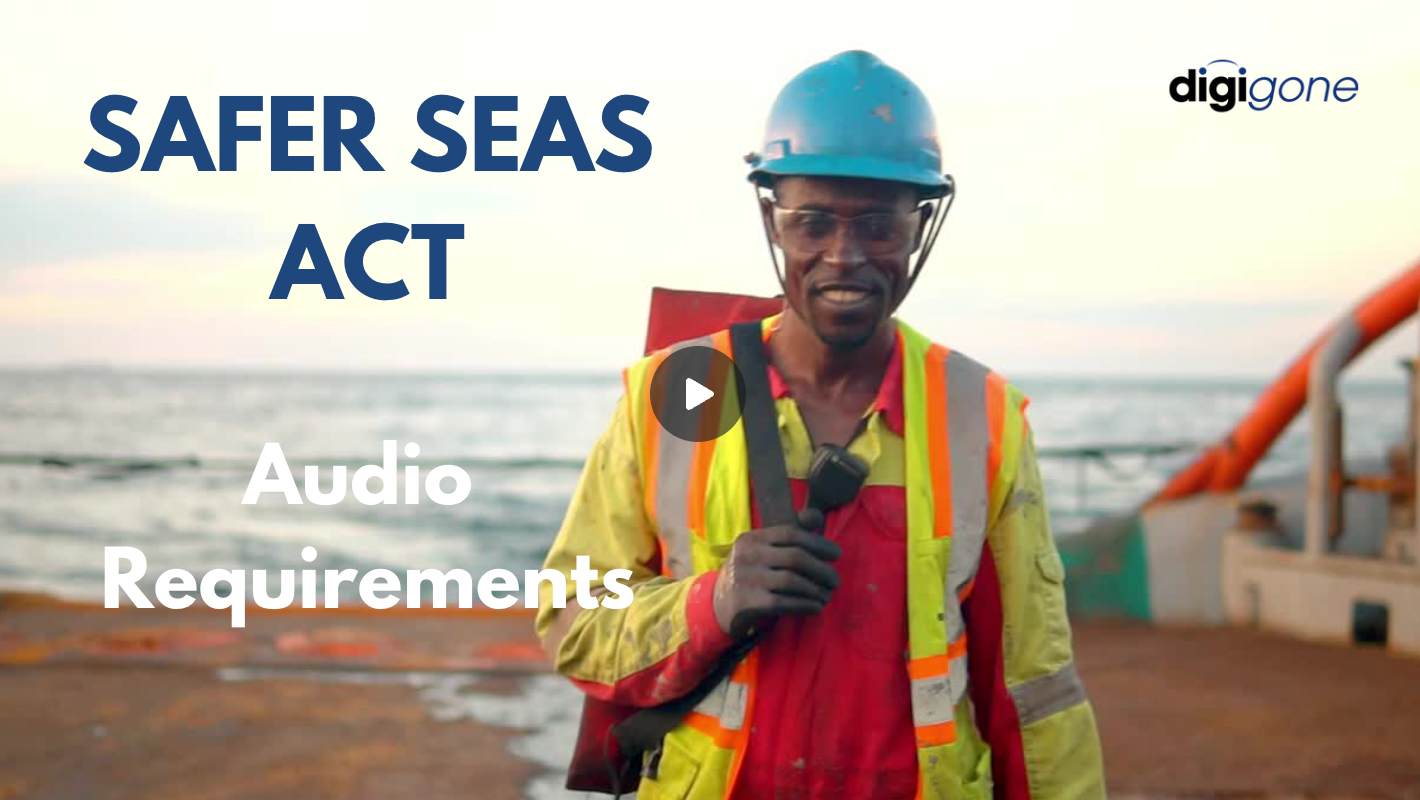
With the new Safer Seas Act, vessel companies must comply with many new regulations by the end of the year. One of those requirements includes audio equipment placed outside of hallways leading to staterooms, which DigiGone can help with. And while this may seem burdensome, these new rules will be good for vessel companies in the long run.



